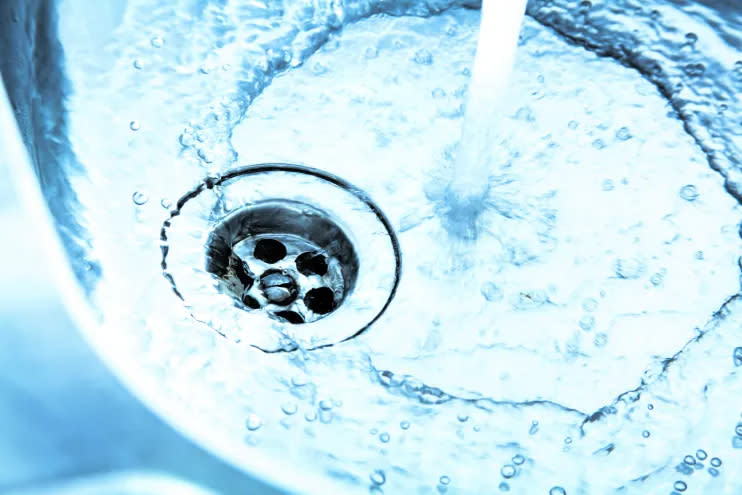H2O Asset Management suffers fresh auditing blow: How did it end up here?

Beleaguered French investment firm H2O Asset Management has suffered a fresh blow after its auditors warned that the firm’s accounts “do not give a true and fair view” of its current financial position.
But how did it end up here?
Between 2015 and January 2020, H2O AM invested €2.3bn in illiquid private debt securities linked to controversial German financier Lars Windhorst.
Revelations of these investments triggered an investor flight in 2019, prompting French regulator Autorité des Marchés Financiers to order the firm to freeze three of its funds.
While it had named itself H2O to reference the liquidity of its assets, clients claimed the illiquid debt investments had been “in total contradiction with the management strategy proposed to investors”.
Following the intervention from the regulator, H2O AM suspended seven of its funds in 2020 and moved 20-30 per cent of its assets into ‘side pockets’, specially created funds to house the debt and eventually sell them.
H2O AM has begun to pay back its investors, who have been unable to access their money, but has still only paid out €250m of the €1.6bn owed.
The firm has provided occasional updates that have seen the value of the funds revised down over time, sometimes by as much as 70 per cent in a single year.
Last month, the company’s 2022 accounts revealed that auditor Mazars had issued an “adverse opinion”, adding that the group’s financial statements had not been prepared and presented “in accordance with Luxembourg legal and regulatory requirements”, according to the FT.
This was primarily due to H2O AM not consolidating the accounts of the parent company and its subsidiaries “according to the same accounting periods”, and that Mazars had been unable to “obtain sufficient appropriate audit evidence” on the group’s remaining illiquid assets.
Mazars said: “In our opinion, because of the significance of the matter described in the ‘basis for our adverse opinion’ section, the accompanying consolidated financial statements do not give a true and fair view of the group’s consolidated financial position.”
In December, a lawsuit was launched against the firm by an investor group, claiming its over 6,000 members had lost €717m due to its investment in the illiquid assets.
Meanwhile, the French regulator hit the firm with a record fine last year, totalling €75m, while co-founder Bruno Crastes and chief investment officer Vincent Chailley were ordered to pay €15m and €3m respectively.
H2O AM and Mazars declined to comment to the FT on the auditing report.

 Yahoo Finance
Yahoo Finance 